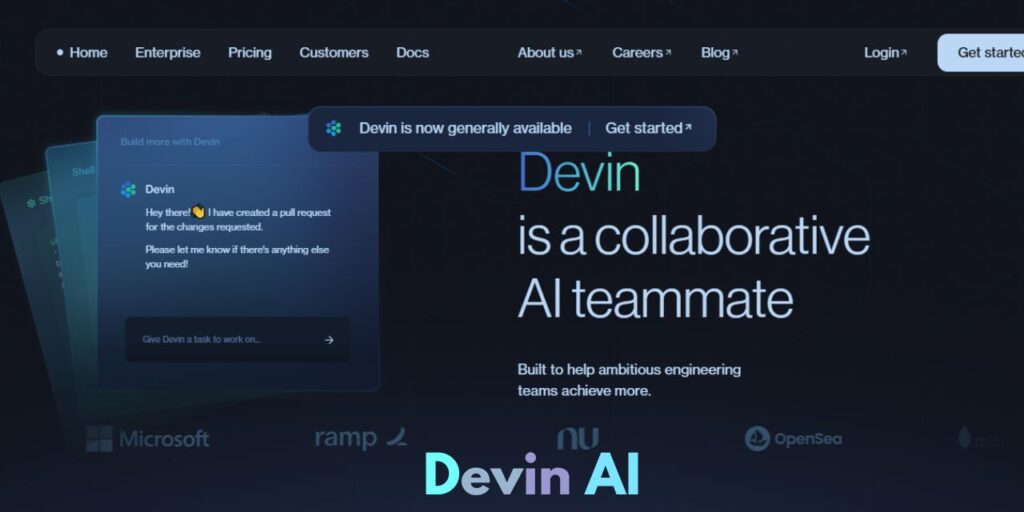Artificial Intelligence (AI) is a transformative technology shaping industries worldwide. Learning AI can open doors to exciting opportunities, even if you’re a beginner with no prior experience. The best part? You can self-study AI for free using readily available resources. In this guide, we’ll outline practical steps and tools to help you learn AI without spending a dime.
Why Learn Artificial Intelligence?
AI is revolutionizing fields like healthcare, finance, education, and more. With AI skills, you can:
- Develop innovative solutions to real-world problems.
- Pursue lucrative career opportunities in data science, machine learning, and AI development.
- Stay ahead in a technology-driven world.
Steps to Self-Study AI for Free
1. Understand the Basics of AI
Start by grasping the fundamentals of artificial intelligence, including:
- What is AI? AI is the simulation of human intelligence in machines capable of performing tasks like learning and problem-solving.
- Types of AI: Narrow AI (e.g., chatbots) vs. General AI (theoretical, human-like intelligence).
- Core Areas: Machine learning, natural language processing, computer vision, robotics.
Free Resources to Get Started:
- YouTube videos on “Introduction to AI.”
- Articles and blogs on beginner AI concepts (e.g., Towards Data Science).
2. Learn Programming Basics
Programming is essential for implementing AI algorithms. Focus on languages like Python, widely used in AI development.
Where to Learn:
- Python.org for Python basics.
- FreeCodeCamp’s Python tutorials.
3. Master Mathematics for AI
AI relies heavily on math, especially:
- Linear Algebra
- Probability and Statistics
- Calculus
Free Learning Platforms:
- Khan Academy (Math courses).
- 3Blue1Brown (YouTube channel for visual explanations of math concepts).
4. Explore Free AI Courses
Take advantage of high-quality, free online courses that cover the theory and practical aspects of AI.
Top Free AI Courses:
- Stanford’s CS229: Available on YouTube, focuses on machine learning.
- Google’s Machine Learning Crash Course: Beginner-friendly with interactive lessons.
- Fast.ai: Practical courses for hands-on AI learning.
5. Practice with Open-Source Tools
Practical implementation is crucial. Use tools like:
- TensorFlow: An open-source machine learning framework.
- PyTorch: A flexible deep learning library.
Free Tutorials:
- TensorFlow’s official documentation.
- PyTorch YouTube tutorials by AI enthusiasts.
6. Join AI Communities
Collaborate with like-minded learners to enhance your understanding. Communities help solve doubts and provide exposure to real-world projects.
Popular Communities:
- Kaggle: A platform for AI and data science competitions.
- Reddit’s r/MachineLearning: Discussions and resources on AI topics.
- AI-related Discord servers and forums.
7. Work on AI Projects
Build small projects to gain confidence and showcase your skills. Examples include:
- Chatbots
- Sentiment analysis tools
- Image recognition systems
Project Ideas Resources:
- GitHub repositories with beginner-friendly AI projects.
- Online coding platforms like Codewars and LeetCode.
8. Stay Updated
AI is constantly evolving. Follow industry news, blogs, and research papers to stay current.
Recommended Blogs and Journals:
- OpenAI blog.
- AI news sections on TechCrunch and Medium.
Benefits of Self-Studying AI
- Cost-effective: Learn at no expense.
- Flexible: Study at your own pace.
- Personalized: Choose resources tailored to your learning style.
Conclusion
Self-studying artificial intelligence is entirely feasible with the plethora of free resources available today. Start with the basics, practice consistently, and engage with AI communities to master this transformative technology. With dedication and persistence, you can build a strong foundation in AI and pave the way for a promising future.
FAQs
Can I learn AI without a computer science background?
Yes! Start with basic programming and gradually explore AI concepts.
How long does it take to learn AI?
It depends on your dedication. A few months of consistent effort can help you grasp the basics.
Are there job opportunities after self-studying AI?
Absolutely. Build a portfolio of AI projects to showcase your skills to potential employers.
Get started today, and take the first step toward mastering artificial intelligence for free!



